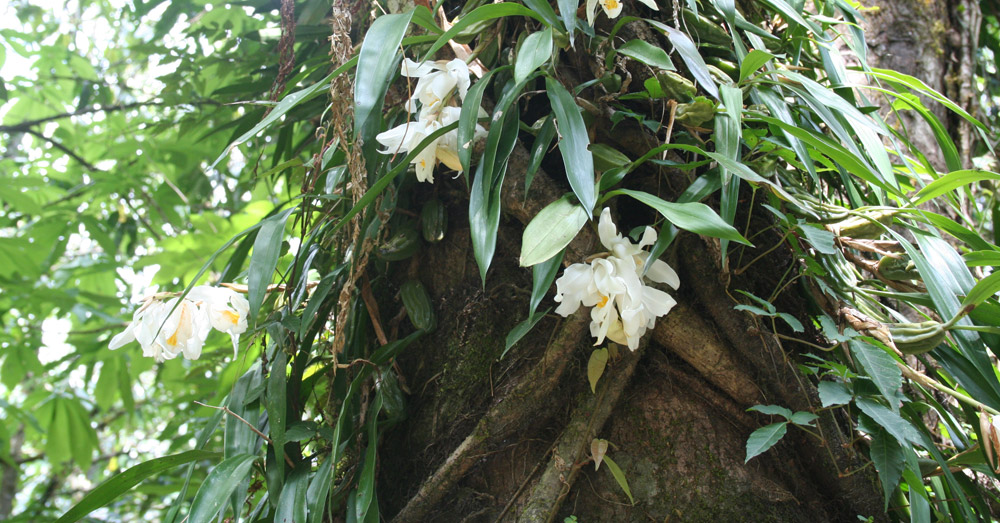Biodynamic natural farming

Biodynamic agriculture is a method of organic farming that employs what proponents describe as “a holistic understanding of agricultural processes”. One of the first sustainable agriculture movements, it treats soil fertility, plant growth, and livestock care as ecologically interrelated tasks, emphasizing spiritual and mystical perspectives. Proponents of biodynamic agriculture, including Steiner, have characterized it as “spiritual science” as part of the larger anthroposophy movement.
Biodynamics has much in common with other organic approaches – it emphasizes the use of manures and composts and excludes the use of artificial chemicals on soil and plants. Methods unique to the biodynamic approach include its treatment of animals, crops, and soil as a single system; an emphasis from its beginnings on local production and distribution systems; its use of traditional and development of new local breeds and varieties; and the use of an astrological sowing and planting calendar. Biodynamic agriculture uses various herbal and mineral additives for compost additives and field sprays; these are sometimes prepared by controversial methods, such as burying ground quartz stuffed into the horn of a cow, which are said to harvest “cosmic forces in the soil”, that are more akin to sympathetic magic than agronomy.
As of 2011 biodynamic techniques were used on 142,482 hectares in 47 countries. Germany accounts for 45% of the global total the remainder average 1750 ha per country. Biodynamic methods of cultivating grapevines have been taken up by several notable vineyards. There are certification agencies for biodynamic products, most of which are members of the international biodynamics standards group Demeter International.
No difference in beneficial outcomes has been scientifically established between certified biodynamic agricultural techniques and similar organic and integrated farming practices. Critics have characterized biodynamic agriculture as pseudoscience on the basis of a lack of strong evidence for its efficacy and skepticism about aspects criticized as being magical thinking.
